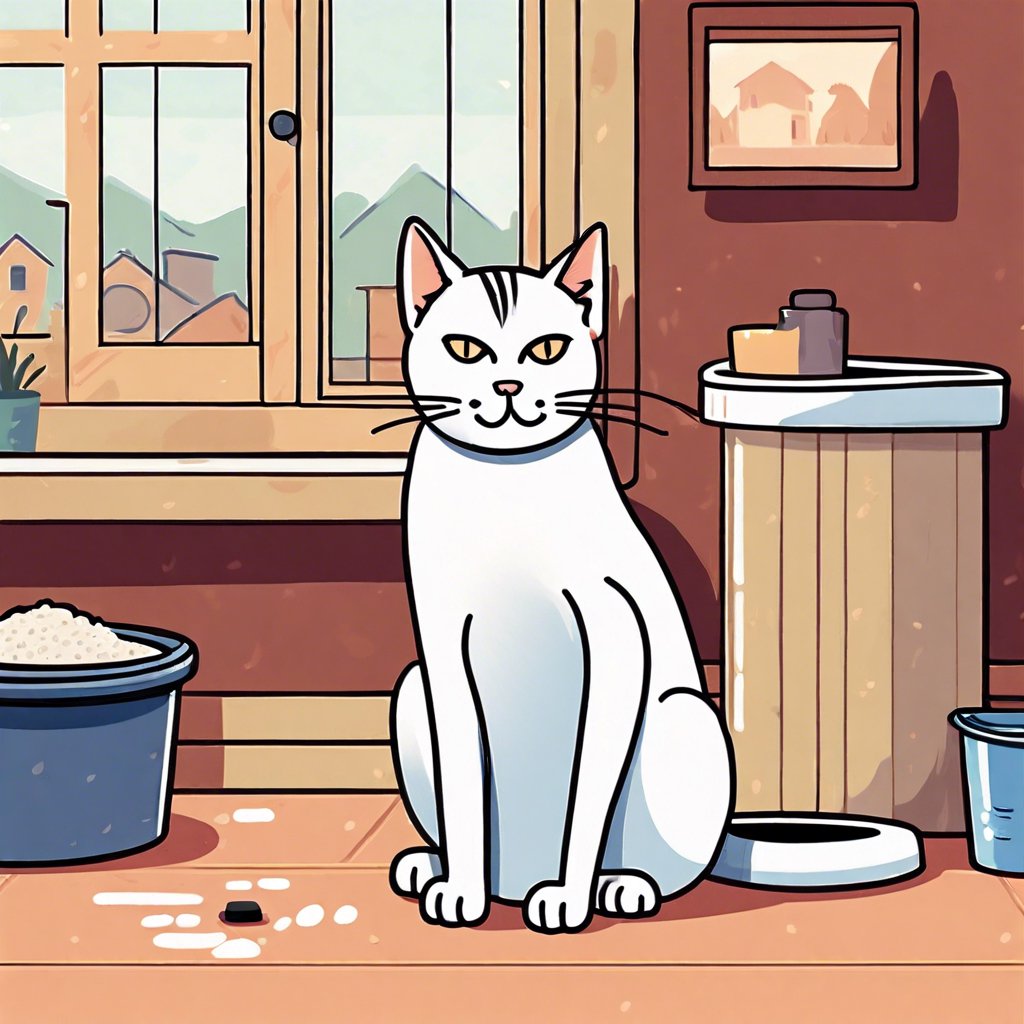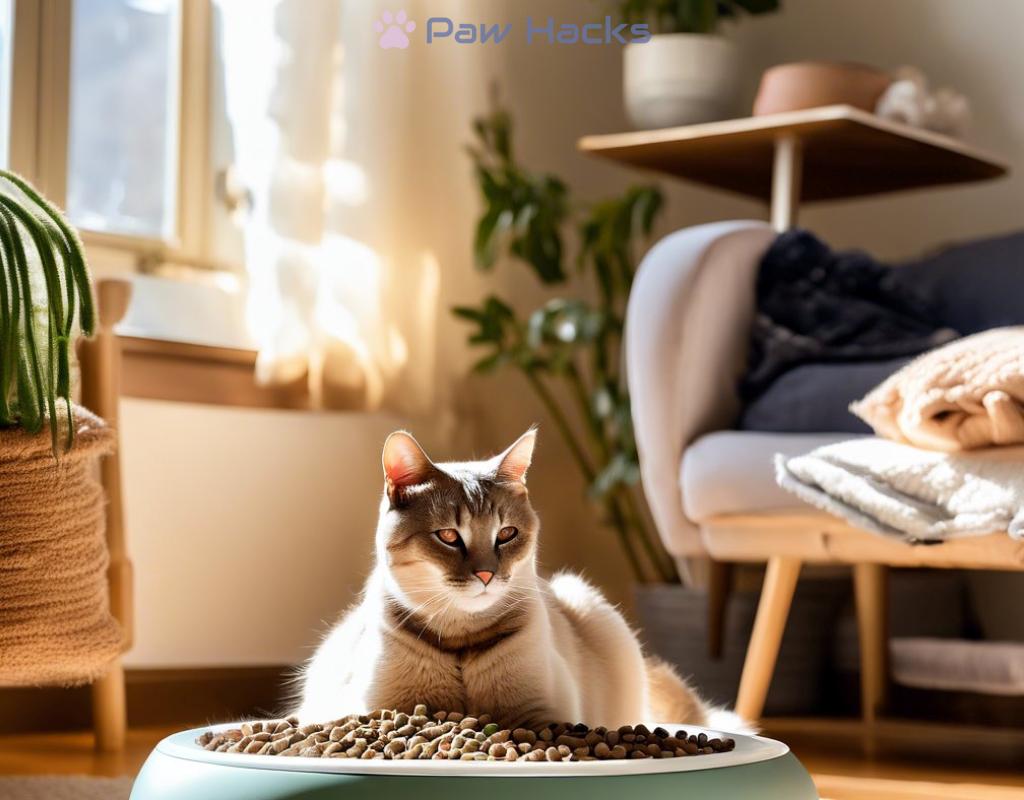Cat Constipation: Causes and Solutions
What Causes Cat Constipation?

Constipation in cats is more common than many pet owners realize. Understanding the underlying causes can help you take proactive measures to prevent it and ensure your feline friend remains healthy and happy. Cats are creatures of habit, and any disruption to their routine can lead to gastrointestinal issues.
Several factors can contribute to constipation in cats, including:
- Dietary Choices: Low fiber diets can lead to hard stools.
- Dehydration: Insufficient water intake makes it difficult for cats to pass stool.
- Medical Conditions: Issues such as arthritis or hyperthyroidism can affect a cat’s ability to use the litter box comfortably.
Simple Solutions to Keep Your Cat Regular
Now that we know what can cause constipation, let’s look at some effective solutions to keep your cat’s digestive system running smoothly. These strategies are straightforward and can be integrated into your cat’s daily routine.
- Increase Fiber Intake: Incorporate high-fiber foods or supplements to promote healthy digestion.
- Encourage Hydration: Ensure your cat has access to fresh water at all times. Consider adding wet food to their diet.
- Regular Exercise: Playtime not only strengthens your bond but also stimulates the digestive system.
When to Seek Veterinary Help
While many cases of cat constipation can be resolved at home, some situations warrant professional attention. If your cat is experiencing severe discomfort, showing signs of lethargy, or has not passed stool for more than 48 hours, it’s time to consult your veterinarian.
Taking quick action can prevent more serious health issues and ensure that your beloved pet remains happy and healthy. Remember, being proactive is key to maintaining your cat’s well-being!
Share this content:



